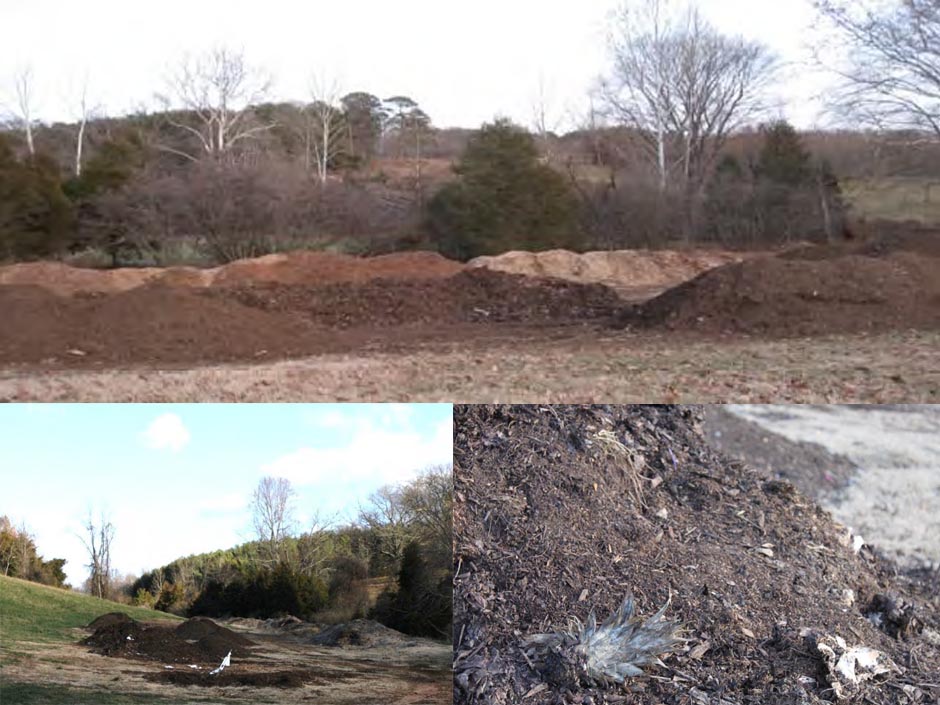Timbercreek Composting
Timbercreek Composting (click PDF) Fall 2010 Team members: Shannon Page, Mallory Walker The problem of food waste is one that needs to be combatted. Restaurants generate an unbelievable amount of waste, which simply sits in a landfill decaying and releasing harmful methane gas into the atmosphere. Over 20% of food that is produced in the United States falls into this category. The purpose of this study is to help mitigate this problem by providing other alternatives for this food waste. Organic waste can be reused in the form of compost. Once broken down, this compost can be used for fertilizer. Several locally owned restaurants were contacted to gauge interest in the service and it was determined that there was enough interest to move forward with the project. The next steps for success are to distribute the pamphlets and talk to local business owners in order to get them on board with the program. Other measures will also be taken out to get the word out to the greater Charlottesville community, including University of Virginia students.
